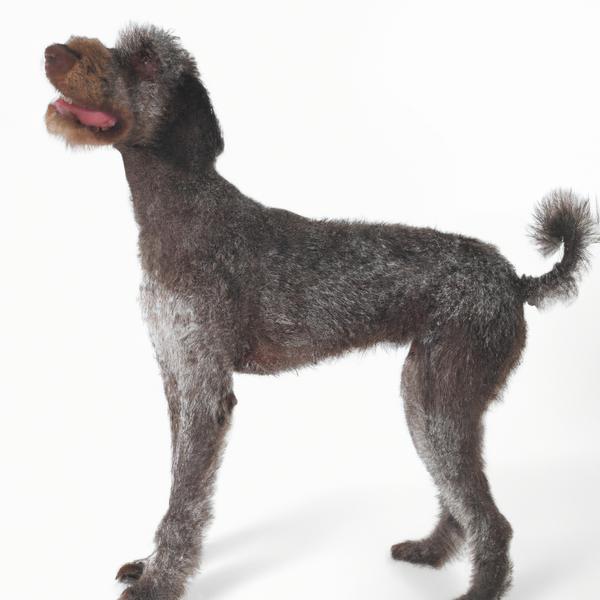German Shorthaired Pointerpoodle vs. Carolina Dog: Breed Differences and Similarities
Hypoallergenic
Are German Shorthaired Pointerpoodles or Carolina Dogs hypoallergenic, or neither?
Unfortunately, neither German Shorthaired Pointerpoodle nor Carolina Dog are hypoallergenic, which may not make them the best choice for dog lovers who suffer from pet allergies.
Temperament
What are the personalities of German Shorthaired Pointerpoodle and Carolina Dog dogs?
Active
Alert
Intelligent
Affectionate
Trainable
Bold
Faithful
Cooperative
Boisterous
Instinctual
Adaptable
Loyal
Reserved
Gentle
Primitive
Shedding Level
Do German Shorthaired Pointerpoodles shed more than Carolina Dogs, or which breed sheds more, German Shorthaired Pointerpoodles or Carolina Dogs?
German Shorthaired Pointerpoodles are low shedding dogs, requiring minimal coat care.
Carolina Dogs are moderate shedders, but regular brushing can reduce shedding and maintain coat health.
Ancestry
What are the origins of German Shorthaired Pointerpoodle and Carolina Dog breeds?
German Shorthaired Pointer and Poodle
Pariah Dog, Native American Dog
Date of Birth
When were German Shorthaired Pointerpoodle and Carolina Dog breeds first developed?
Unknown
1200s
Eye Color Possibilites
What are the eye colors of German Shorthaired Pointerpoodle and Carolina Dog dogs?
Brown
Brown
Nose Color Possibilites
What are the natural nose colors of German Shorthaired Pointerpoodle and Carolina Dog?
Black
Black
Brown
Coat Color Possibilites
What are the natural colors of the coat for German Shorthaired Pointerpoodle and Carolina Dog breeds?
Red
Brown
White
Blue
Black
Gray
Silver
Cream
Black
Cream
Red
Sable
Fawn
Coat Length
What is the typical coat length for German Shorthaired Pointerpoodle and Carolina Dog breeds?
German Shorthaired Pointerpoodles have medium-length coats.
Carolina Dogs have coats that can be either short or medium in length.
Coat Density
What is the density of the coat of German Shorthaired Pointerpoodle and Carolina Dog?
Coat Texture
What is the hair texture of German Shorthaired Pointerpoodle and Carolina Dog?
Wavy
Straight
Litter Size
What is the usual litter size for German Shorthaired Pointerpoodle and Carolina Dog?
A German Shorthaired Pointerpoodle can have a litter of 7-12 puppies on average. However, it's worth noting that the size of the litters can vary greatly. Factors that can influence litter size include the health of the mother, breeding history, and genetics.
A Carolina Dog can have a litter of 12-14 puppies on average. However, it's worth noting that the size of the litters can vary greatly. Factors that can influence litter size include the health of the mother, breeding history, and genetics.
Adaptability
German Shorthaired Pointerpoodles are highly adaptable and versatile, making them excellent companions for families and individuals of all lifestyles.
Carolina Dogs have average adaptability to changes in lifestyle and living environments compared to other breeds.
Health Issues
Between German Shorthaired Pointerpoodle and Carolina Dog, which breed is more prone to health problems?
German Shorthaired Pointerpoodles typically have low vet costs due to their good health, but it's important to monitor their health and seek vet care when necessary.
Carolina Dogs are susceptible to health issues like all breeds, so it's important to monitor their health and seek veterinary care when needed.
Major Concerns
What are the major health concerns for German Shorthaired Pointerpoodle and Carolina Dog breeds?
Hip Dysplasia
Bloat
Overactive Tear Glands
Usually A Very Healthy Breed
Minor Concerns
What minor health issues should be kept in mind when owning German Shorthaired Pointerpoodle and Carolina Dog?
None Known
Hip And Elbow Dysplasia
Occasional Tests
What occasional tests are recommended for German Shorthaired Pointerpoodle and Carolina Dog breeds?
X-Rays
CT Scan
Physical Examination
Blood Work
Lab Tests
OFA on hips and elbows
Complete Physical Examination
Social Needs
German Shorthaired Pointerpoodle vs Carolina Dog social needs comparison
German Shorthaired Pointerpoodle and Carolina Dog have above average social needs compared to other breeds. They thrive in environments where they have a lot of interaction with humans and other dogs.
Sleeping Need
Which of the two sleeps the most/least: German Shorthaired Pointerpoodle or Carolina Dog?
German Shorthaired Pointerpoodle and Carolina Dog dogs tend to sleep less than some other breeds, but it's still important for them to get adequate sleep in order to maintain good health.
Mouthiness
Mouthiness Comparison: German Shorthaired Pointerpoodle vs Carolina Dog?
Roaming urge
German Shorthaired Pointerpoodle vs Labrador: Running away tendency?
Prey Drive
German Shorthaired Pointerpoodle or Carolina Dog - which breed has a higher level of prey drive?
Past times
What are some enjoyable activities and ways to keep German Shorthaired Pointerpoodle and Carolina Dog entertained?
Playing, Meeting people, Long walks, He protects me, Walk, Camping
Walk, Walking, Running, Sniffing, Fetch, Hike, Swim, Chase, Dog Parks, Outdoorsy stuff, Play, Walks, Play ball, Playdate, Hiking, Swimming, Cuddles, Taking naps, Football, Tug-of-war, Cuddle, Hide & Seek, Belly rubs, Tricks, Car rides, Boat ride, Park
Activity Level
Which breed has higher energy, German Shorthaired Pointerpoodles or Carolina Dogs?
German Shorthaired Pointerpoodles are high-energy dogs. They need mental as well as physical exercise. These dogs require a lot of your involvement and without it they can, and will, become problematic dogs.
Carolina Dogs are medium-energy dogs and typically enjoy socializing and playing casual or even sustained games of chase with other dogs. They may also have occasional periods of barking or racing around the house.
Tolerance of being left alone
Walks per Week
How many miles should German Shorthaired Pointerpoodle or Carolina Dog walk each week?
There's really no limit to how far you walk your dog as long as they're comfortable. For German Shorthaired Pointerpoodle, it's at least 12 miles / week. Just remember to build distance and stamina gradually over time.
There's really no limit to how far you walk your dog as long as they're comfortable. For Carolina Dog, it's at least 10 miles / week. Just remember to build distance and stamina gradually over time.
Activity per Day
Do German Shorthaired Pointerpoodles or Carolina Dogs require more exercise?
In general most German Shorthaired Pointerpoodles usually need at least 90 minutes of exercise daily. This can be spread across the day and include all sorts of high-energy activities, like walking, running and playing.
In general most Carolina Dogs usually need at least 60 minutes of exercise daily. This can be spread across the day and include all sorts of high-energy activities, like walking, running and playing.
Grooming
Which breed is easier to maintain in terms of grooming, German Shorthaired Pointerpoodles or Carolina Dogs?
The German Shorthaired Pointerpoodle requires an average amount of grooming compared to other breeds.
The Carolina Dog has low grooming needs and is easy to maintain.
Brushing Frequency
What is the recommended brushing frequency for German Shorthaired Pointerpoodle and Carolina Dog dogs?
Ideally, German Shorthaired Pointerpoodle should be brushed at least 2 or 3 times a week (preferably daily) improve shedding.
Carolina Dog should be brushed at least once a week. Of course you can give them more frequent brushes if you find that they are still shedding a lot
Brushing Tools
What brushing tools are used for German Shorthaired Pointerpoodles and Carolina Dogs?
Pin Brush
Scissors
Clipper
Nail Clipper
Slicker Brush
Deshedder
Nail Clipper
Cups
How much food should be given to German Shorthaired Pointerpoodle or Carolina Dog in cups?
For an average 45-65 pound (20 - 29 kg) German Shorthaired Pointerpoodle feed 3 cups daily. But, keep in mind, the amount you feed is going to be dependent on the quality of the food you are feeding.
For an average 33-44 pound (15 - 20 kg) Carolina Dog feed 2.4 cups daily. But, keep in mind, the amount you feed is going to be dependent on the quality of the food you are feeding.
Daily Cost
Which breed has a higher daily cost, German Shorthaired Pointerpoodle or Carolina Dog?
The average cost of a German Shorthaired Pointerpoodle is somewhere $2.10 - $2.70 per day.
The average cost of a Carolina Dog is somewhere $1.70 - $2.00 per day.
Monthly Cost
Which breed has a higher monthly cost, German Shorthaired Pointerpoodle or Carolina Dog?
The average per month expenses of a German Shorthaired Pointerpoodle is between $55 - $73. This makes an average of $660 - $876 per year. It will be on the higher side when the dog is still small because it will need more frequent visits to the vet, shots.
The average per month expenses of a Carolina Dog is between $48 - $63. This makes an average of $576 - $756 per year. It will be on the higher side when the dog is still small because it will need more frequent visits to the vet, shots.
Sensitivity Level
How do German Shorthaired Pointerpoodle and Carolina Dog compare in sensitivity?
These breeds are more sensitive than others and easily overwhelmed by new surroundings and people. German Shorthaired Pointerpoodle and Carolina Dog need gentle handling and a calm, stable home environment with positive reinforcement training.
Apartment Friendly
Which breed is more apartment-friendly: German Shorthaired Pointerpoodle or Carolina Dog?
German Shorthaired Pointerpoodles are good apartment dogs as long as they get enough exercise and stimulation outside of the apartment.
The Carolina Dog is not suitable for apartments and requires a large yard to thrive. Pent-up energy in small spaces can lead to destructive behavior.
Child Friendly
Do German Shorthaired Pointerpoodles or Carolina Dogs have a friendlier temperament towards children?
German Shorthaired Pointerpoodles make excellent family pets for kids due to their gentle, protective nature and calm temperament.
Carolina Dogs have an average level of friendliness towards children.
Senior-friendly
Which dog is more suitable as a pet for the elderly - German Shorthaired Pointerpoodle or Carolina Dog?
Cat Friendly
Do German Shorthaired Pointerpoodle or Carolina Dog breeds have a better compatibility with cats?
German Shorthaired Pointerpoodles and Carolina Dogs are an average cat friendly dog. They do well with cats, even more if raised together from puppyhood.
Dog Friendly
Which breed is more sociable with other dogs: German Shorthaired Pointerpoodle or Carolina Dog?
German Shorthaired Pointerpoodles are friendly and active companions, and can be good family pets, though their friendliness towards other dogs may vary.
Carolina Dogs are average in their friendliness towards other dogs, and socialization can help.
Pet friendly
How do German Shorthaired Pointerpoodle or Carolina Dog dogs interact with other pets?
Stranger Friendly
Which breed is more friendly with strangers: German Shorthaired Pointerpoodle or Carolina Dog?
German Shorthaired Pointerpoodles are friendly but may bark at strangers, and training is easy due to their intelligence.
Carolina Dogs are quick to announce strangers and can be standoffish or suspicious.
Playfulness
Which breed is more playful between German Shorthaired Pointerpoodle and Carolina Dog?
German Shorthaired Pointerpoodles are very playful, so adopting an older one might be a better option for a more relaxed experience.
Carolina Dogs are not known for being a highly playful breed.
Trainability
How do the trainability levels of German Shorthaired Pointerpoodles and Carolina Dogs compare?
The German Shorthaired Pointerpoodle is highly intelligent and eager to please, making it a great choice for both novice and experienced dog owners due to its easy trainability.
Carolina Dogs are usually easy to train but require consistency to fully obey commands.
Compare German Shorthaired Pointerpoodle with other breeds
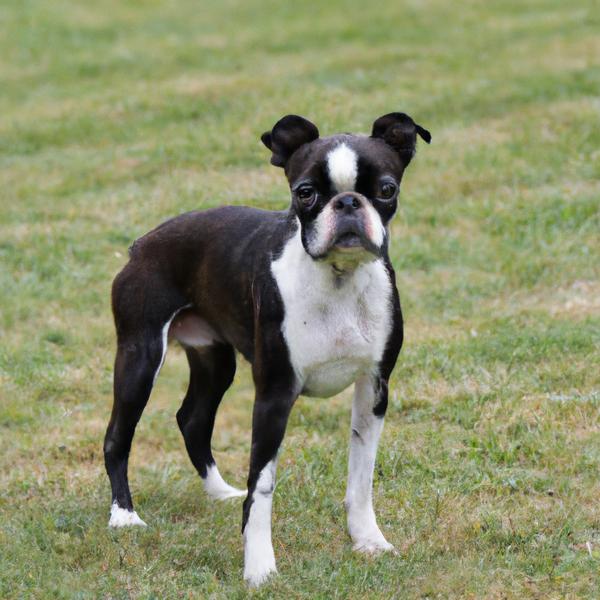
Boston Spaniel
German Shorthaired Pointerpoodle vs Boston Spaniel
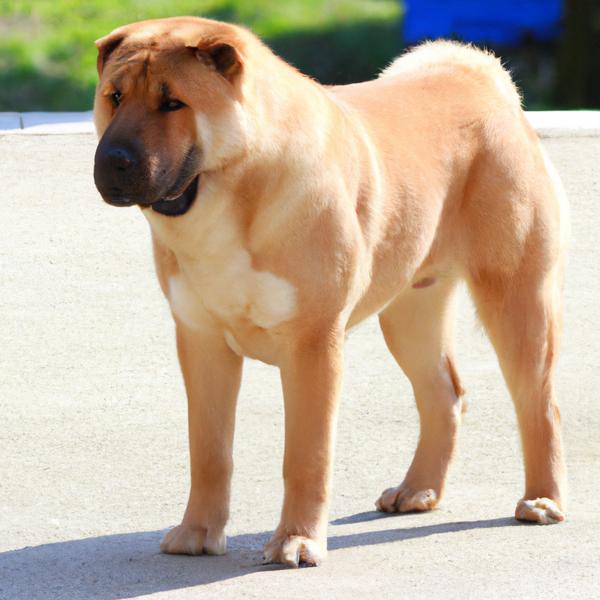
Sharbo
German Shorthaired Pointerpoodle vs Sharbo
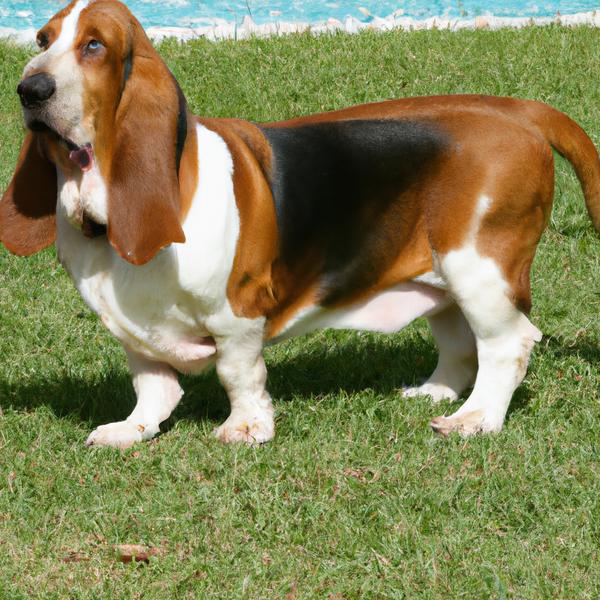
Basset Hound
German Shorthaired Pointerpoodle vs Basset Hound

Mini Ratzer
German Shorthaired Pointerpoodle vs Mini Ratzer
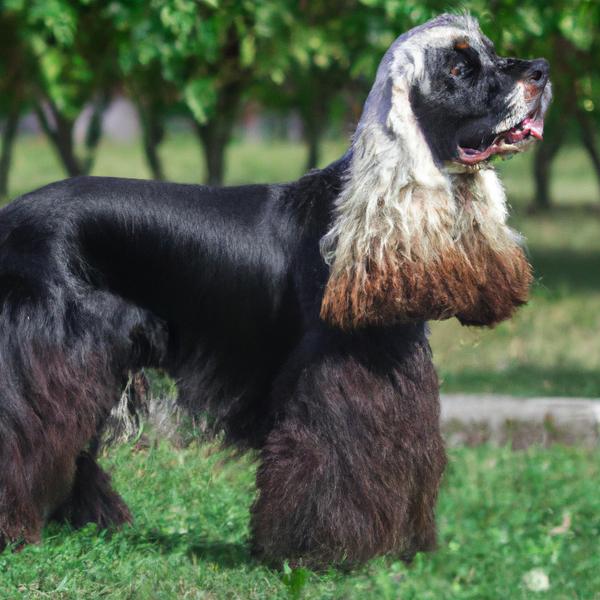
Crested Cocker
German Shorthaired Pointerpoodle vs Crested Cocker
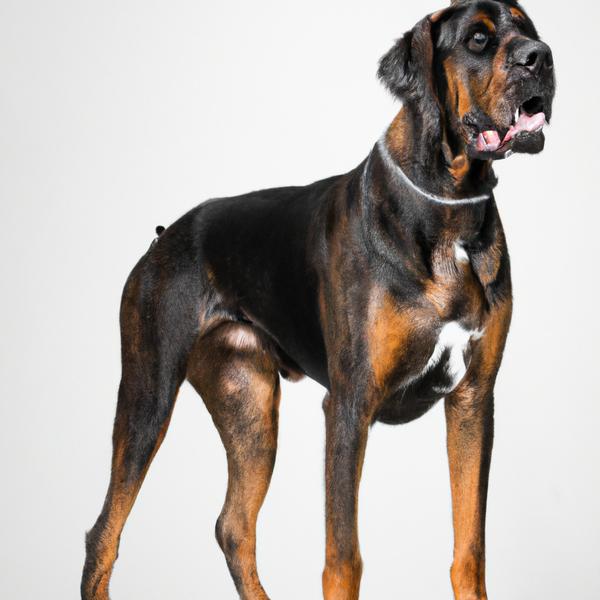
Weiler Dane
German Shorthaired Pointerpoodle vs Weiler Dane
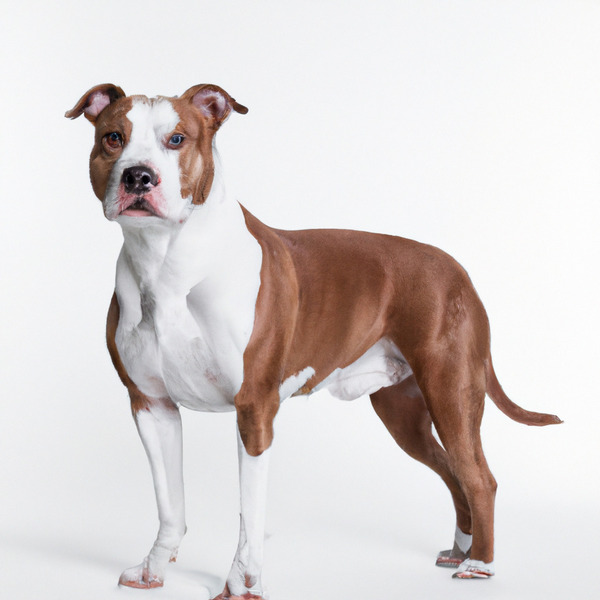
American Pit Bull Terrier
German Shorthaired Pointerpoodle vs American Pit Bull Terrier

Wire Foxker
German Shorthaired Pointerpoodle vs Wire Foxker
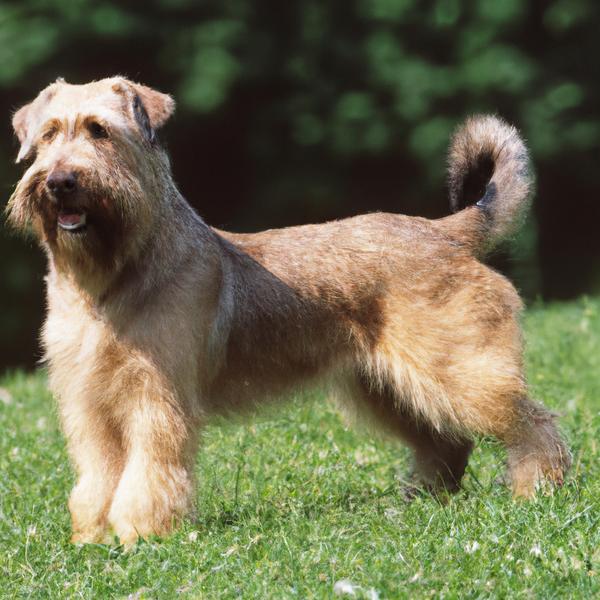
Glen of Imaal Terrier
German Shorthaired Pointerpoodle vs Glen of Imaal Terrier
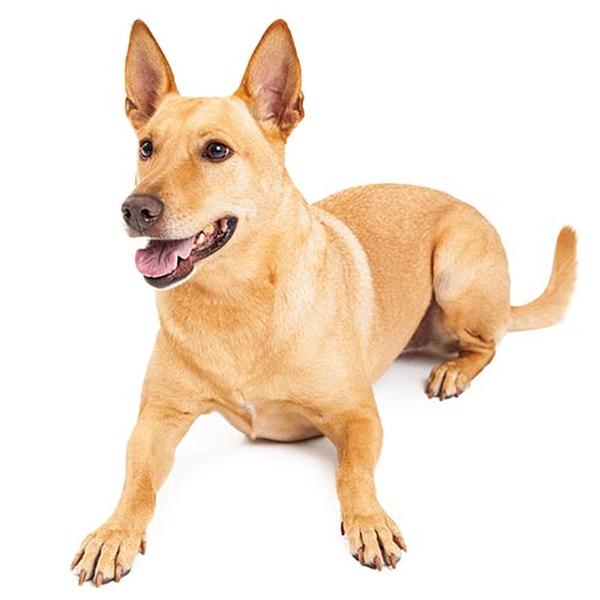
Carolina Dog
German Shorthaired Pointerpoodle vs Carolina Dog
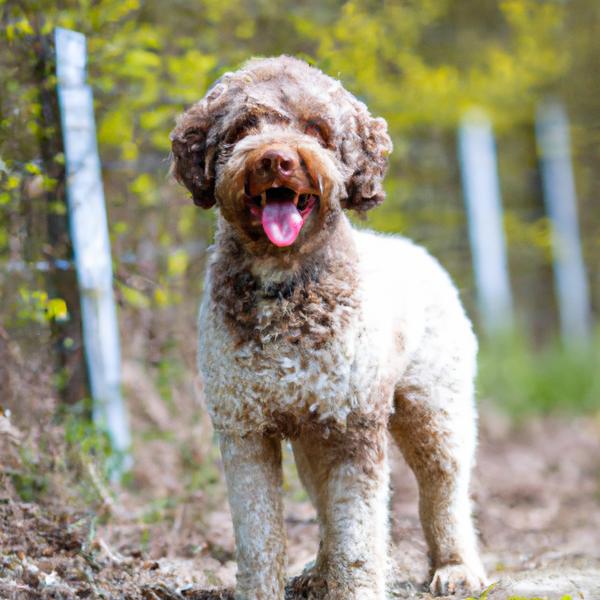
Lagotto Romagnolo
German Shorthaired Pointerpoodle vs Lagotto Romagnolo
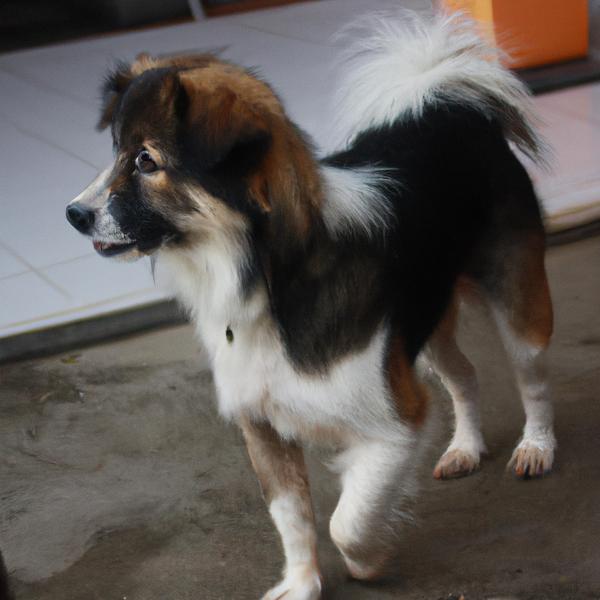
Poolky
German Shorthaired Pointerpoodle vs Poolky
